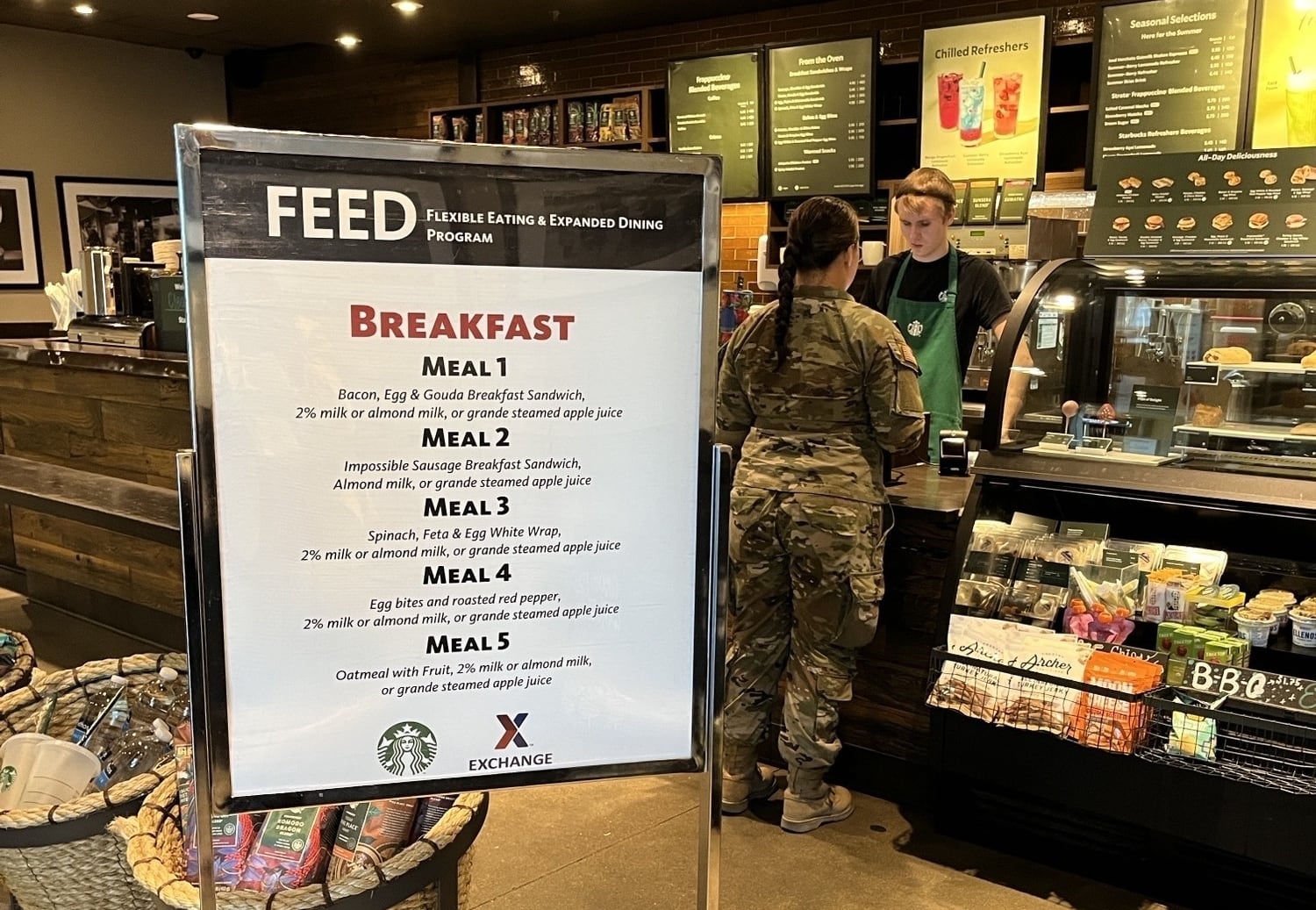The investigation into the death of Vice Adm. Scott Stearney revealed no warning signs that may have predicted the U.S. 5th Fleet commander’s Dec. 1, 2018, suicide in his Bahrain home.
But a series of suicide notes left behind by Stearney revealed he grappled with “significant time away from family” and “the struggles of military life," according to a redacted Naval Criminal Investigative Service report obtained by Navy Times.
Released in response to a Freedom of Information Act request, the probe also reflects the shock Stearney’s family, friends and colleagues felt after the career aviator hanged himself.
Investigators found no evidence of personal misconduct or scandal linked to the admiral.
One officer told NCIS he didn’t think Stearney was involved in any bad behavior “because he was addicted to his job,” according to the report.
The investigation instead focused on the long and brutal hours Stearney put in, as well as the stoic face the man with the call sign “Sterno” wore, a countenance that belied any turmoil he might have felt inside.
RELATED
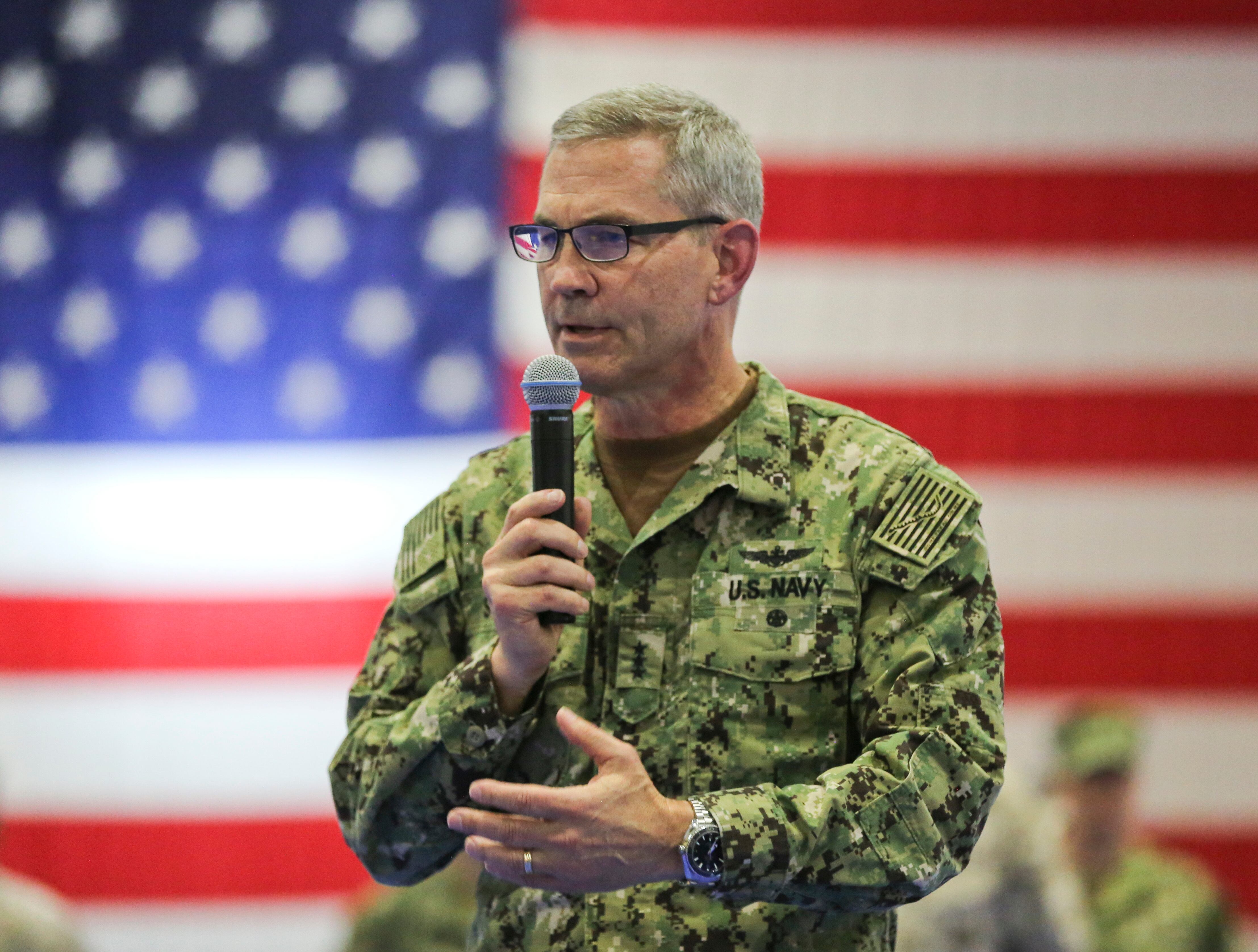
The contents of a third note are redacted in the publicly released investigation, as are the names of most of the people interviewed in the 357-page file.
While colleagues and subordinates expressed shock at his death, a civilian who was close to Stearney described his Thanksgiving visit to see family in Chicago, and how the admiral “ate like a bird,” slept a lot and seemed “out of it,” according to the report.
When he dropped the three-star off at O’Hare International Airport, Stearney gave him “a long hug.”
On the morning of his death, after spending some time in his home office, Stearney walked with his wife to get coffee, a weekend tradition of theirs.
Stearney’s wife left to run errands and initially thought her husband was napping when she returned home, according to the report.
She told agents Stearney was “the strongest man I know” but he worked very hard and was tired from it.
“There have been a lot of ‘I love yous’ lately and things have been particularly good since their Thanksgiving visit with their family,” an agent wrote.
The couple also looked forward to an upcoming Christmas visit with relatives.
After finding her husband, Stearney’s wife called Rear Adm. Paul Schlise, his deputy commander.
“Schlise described her demeanor as being in complete disbelief,” agents wrote. “She repeated comments over and over about not understanding how such a strong man could do this.”
One staffer noted that Stearney, who also commanded naval forces under U.S. Central Command, “was under a great deal of stress, which he assumed stemmed largely in part to the inherent demands and high-profile nature of the NAVCENT area of responsibility,” the report states.
Another staffer said Stearney “burned the midnight oil” but was also good at concealing his stress.
Stearney’s chief of staff recalled him as a “complex person with an introverted nature” who seemed to be “operating at a pace that was not sustainable” when he first took command in Bahrain.
That job is “a lonely one,” added an unnamed retired flag officer and close friend of the Stearney family who previously led 5th Fleet.
“When one is a Flag officer in the Contiguous United States (CONUS), there are fellow Admirals/peers to bounce ideas off of and trouble shoot problems as they arise,” the retired admiral told agents.
RELATED
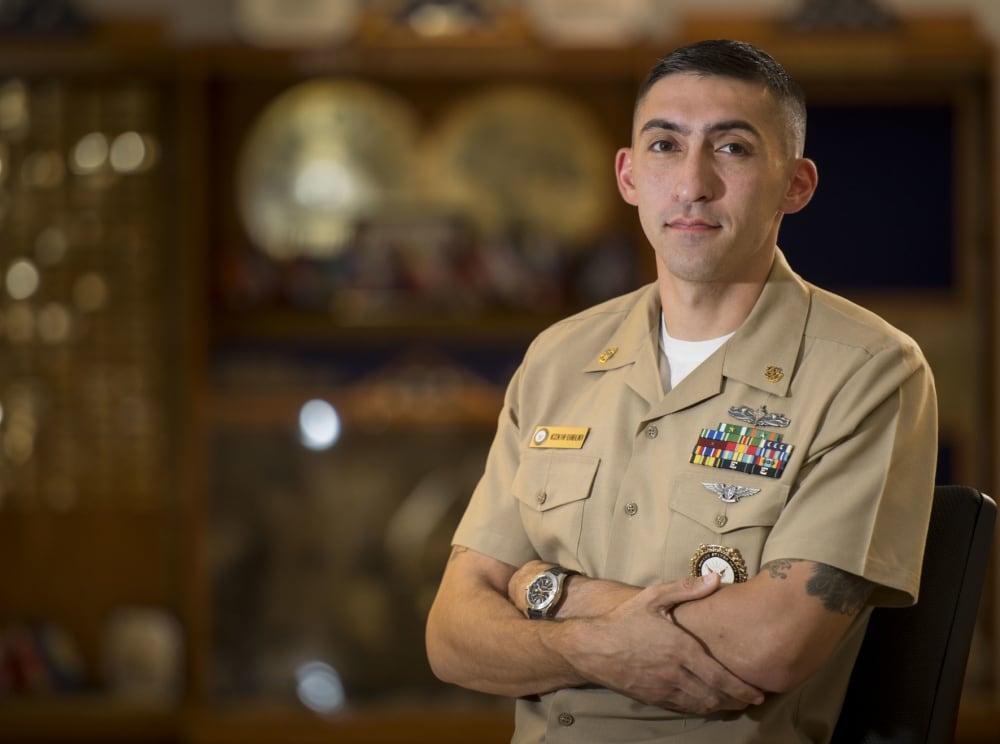
One acquaintance said Stearney had been planning to retire from the Navy but took the 5th Fleet post in mid-2018 after being asked to do so, according to the report.
Army Gen. Joseph Votel, then the head of U.S. Central Command, held a meeting with spouses in February 2019 and told them that Stearney was getting ready to retire, but that he had encouraged the aviator “to come out here,” according to the report.
Stearney’s executive assistant believed Votel “’shouldered a lot of grief’ for Stearney’s death because he felt he talked Stearney into becoming (the 5th Fleet commander), when Stearney was planning on retiring.”
When interviewed by NCIS, Votel recalled Stearney was taking mandatory retirement classes when he approached him about the job in Bahrain, and the vice admiral “appeared to be excited and up for the opportunity.”
In the wake of his death, Votel wondered “if Stearney felt pressured to take the position and/or if he struggled with deciding on entering the civilian world or continuing on a path he felt he needed to for the Navy,” according to the report.
Now retired, Votel described Stearney as “a very quiet, reserved, and private individual who did not express much emotion or discuss much of his personal life.”
He praised Stearney as “a confident individual who was persuasive and had an innate ability to communicate as a commander" and recollected how he helped “a high ranking individual with an alcohol problem,” handling “the situation very professionally and was empathetic.”
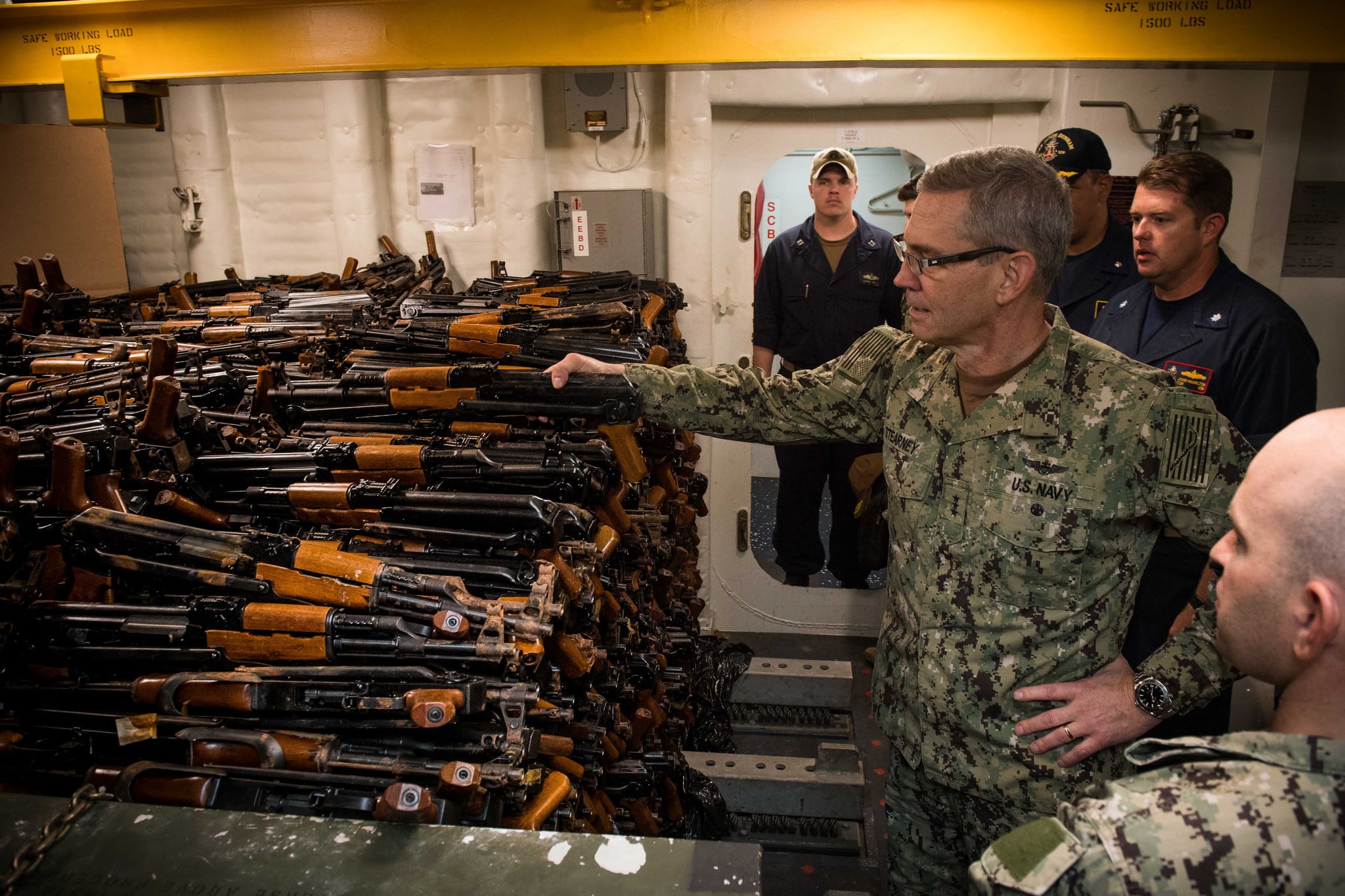
At last year’s meeting with the military spouses, Votel told them he noticed similarities between Stearney’s death and the suicide of an Army two-star general a few years before that, and how a probe later revealed “a prolonged disruption of non-restorative sleep.”
The name of the officer was left out of the report, but an Army investigation into the 2016 death of Maj. Gen. John Rossi found the pressure of an impending promotion to three-star command and long periods running on little sleep triggered a lethal combination of stress and disorientation.
In the aftermath of Rossi’s death, then-Army Secretary Eric Fanning ordered a review of mental health problems potentially plaguing his service’s general officers.
In a March 2018 medical history report, Stearney had marked “no” when asked about depression, excessive worry or attempted suicide.
While NCIS agents discovered no mental health records for Stearney, they found an Aug. 14, 2018, personalized wellness report for the vice admiral.
“You have feelings of apprehension about your future,” the Stress and Coping section of the report states. “An optimistic outlook helps coping ability.”
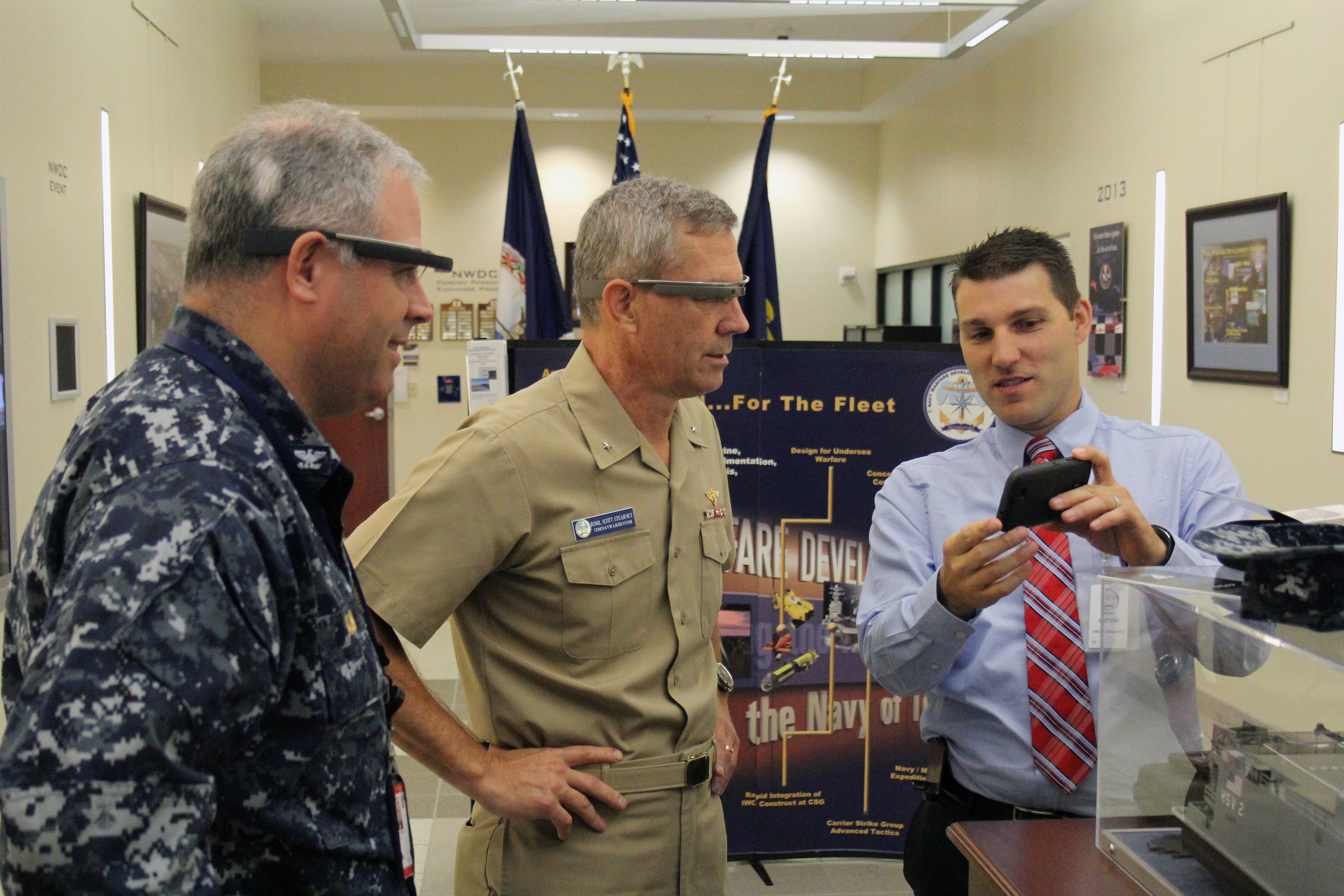
What CENTCOM staffers seemed to most often recall was Stearney’s punishing work ethic.
Stearney worked daily from 6:45 a.m. to 7 p.m. at a prior command before taking the helm of 5th Fleet, a Marine assigned to CENTCOM recalled.
At one point, he warned one of Stearney’s aides to make sure he doesn’t “work himself to death,” according to the report.
The Marine “recalled making the comment…because he was concerned for the stress of the job potentially causing medical issues for Stearney, such as a heart attack,” the report states.
One former staffer described to agents a hectic pace when Stearney arrived in Bahrain, the combination of the three-star’s “demanding personality and high expectations of this staff,” which “negatively impacted the morale of those who worked for him.”
But an August command climate survey conducted three months after Stearney arrived sparked “a marked behavior change in the way Stearney treated his staff.”
“Stearney became more of a ‘people person’ and he seemed to make a more concerted effort to positively engage his support staff,” the staffer reported.
If you, a friend or a loved one is in crisis, please connect with a trained counselor now. Confidential, immediate help is available 24/7 at no cost to active duty, Guard and reserve members, their families and friends. Contact the Military Crisis Line at 800-273-8255, then press 1, or access online chat by texting 838255. Your life matters.
Geoff is the managing editor of Military Times, but he still loves writing stories. He covered Iraq and Afghanistan extensively and was a reporter at the Chicago Tribune. He welcomes any and all kinds of tips at geoffz@militarytimes.com.

